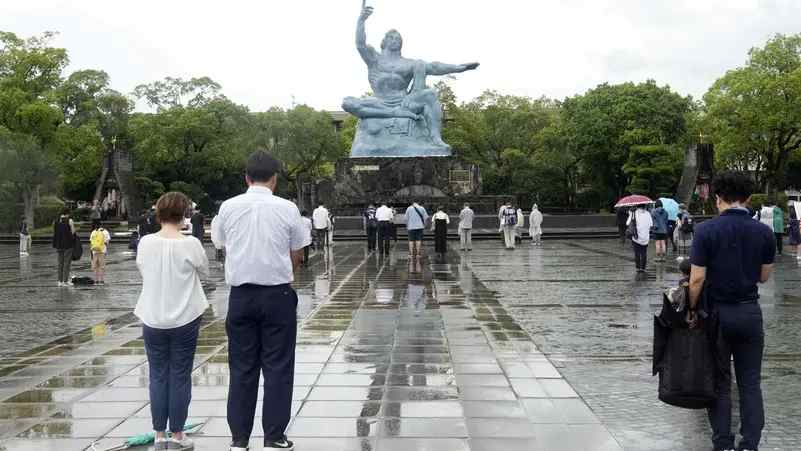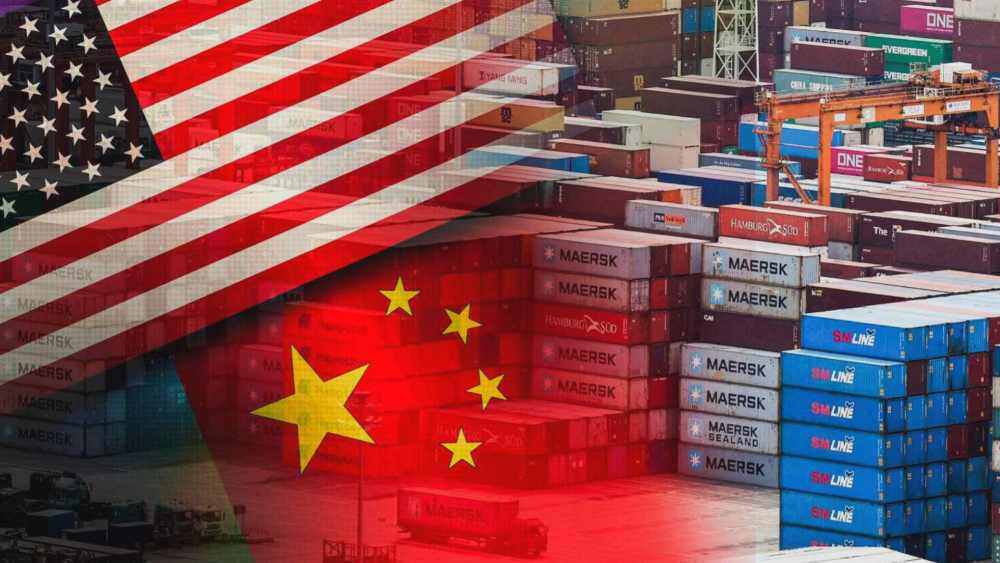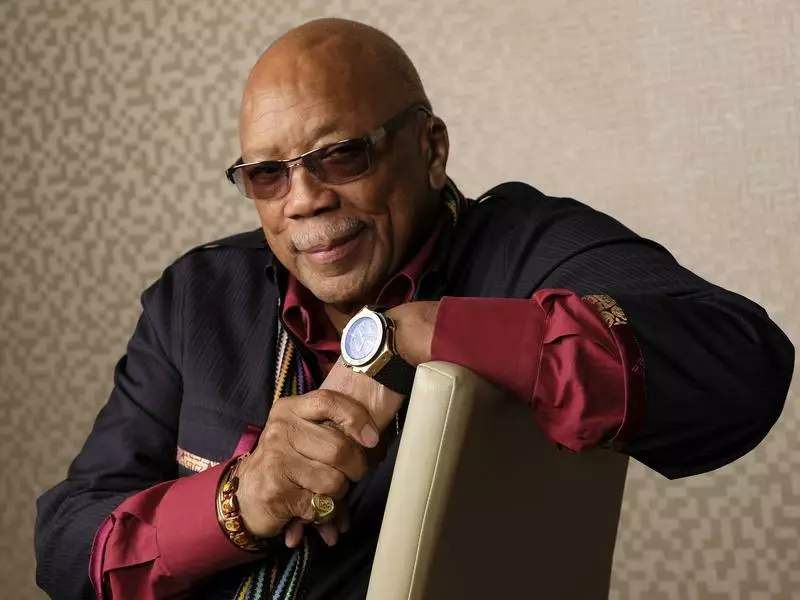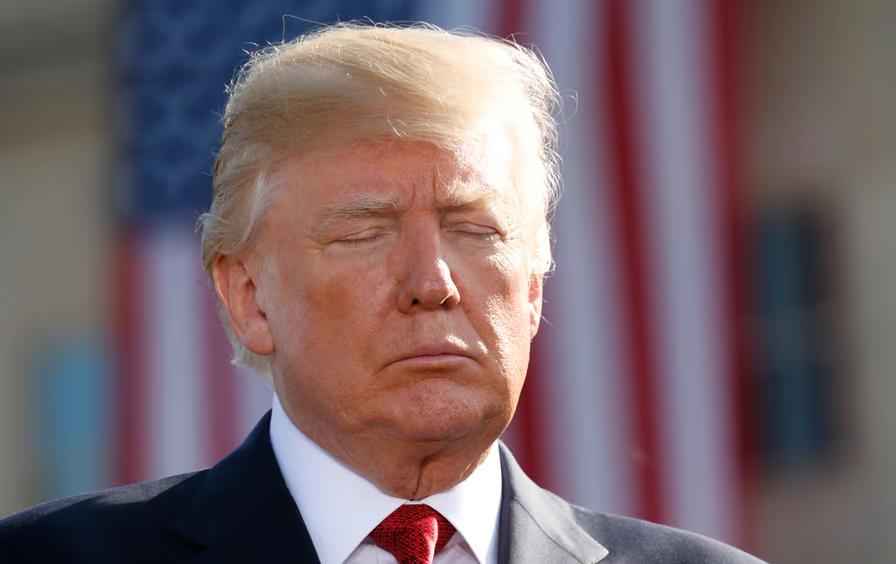Nagasaki Stands Firm on Not Inviting Israel to Bomb Memorial
Aug 8, 2024 / GMT+6
Nagasaki's mayor, Shiro Suzuki, defended his choice not to invite Israel to Friday’s memorial for the atomic bombing victims of 1945.
More topics for you...This topic continues below.
China reports record $1.2 trillion trade surplus for 2025, defying Trump's tariffs.
This decision followed announcements from several countries, including the United States and the United Kingdom, stating their ambassadors would skip the event.
Suzuki explained that Israel was not invited to avoid possible protests related to Israel’s ongoing conflict with Gaza. He said that the decision aimed to ensure a peaceful and respectful ceremony. "We made this choice to keep the event solemn, not for political reasons," Suzuki told reporters.
On August 9, 1945, the US dropped an atomic bomb on Nagasaki, killing about 74,000 people. This followed the bombing of Hiroshima on August 6, which killed 140,000 people. Japan’s surrender on August 15, 1945, ended World War II and its long-standing aggression in Asia.
The US Embassy announced that Ambassador Rahm Emanuel would not attend due to the perceived politicization of the event. Instead, a representative from the US consulate in Fukuoka will be present. Other Group of Seven countries and the European Union also plan to send lower-ranking officials.
Envoys from these nations sent a joint letter expressing concerns about Israel’s exclusion, comparing it unfavorably to Russia and Belarus, which are also not invited. They urged Nagasaki to reconsider its decision to keep the ceremony’s universal message.
Hiroshima invited Israel’s ambassador to its memorial earlier this week. The ongoing conflict in Gaza and Russia's invasion of Ukraine have caused widespread casualties and global concern.







